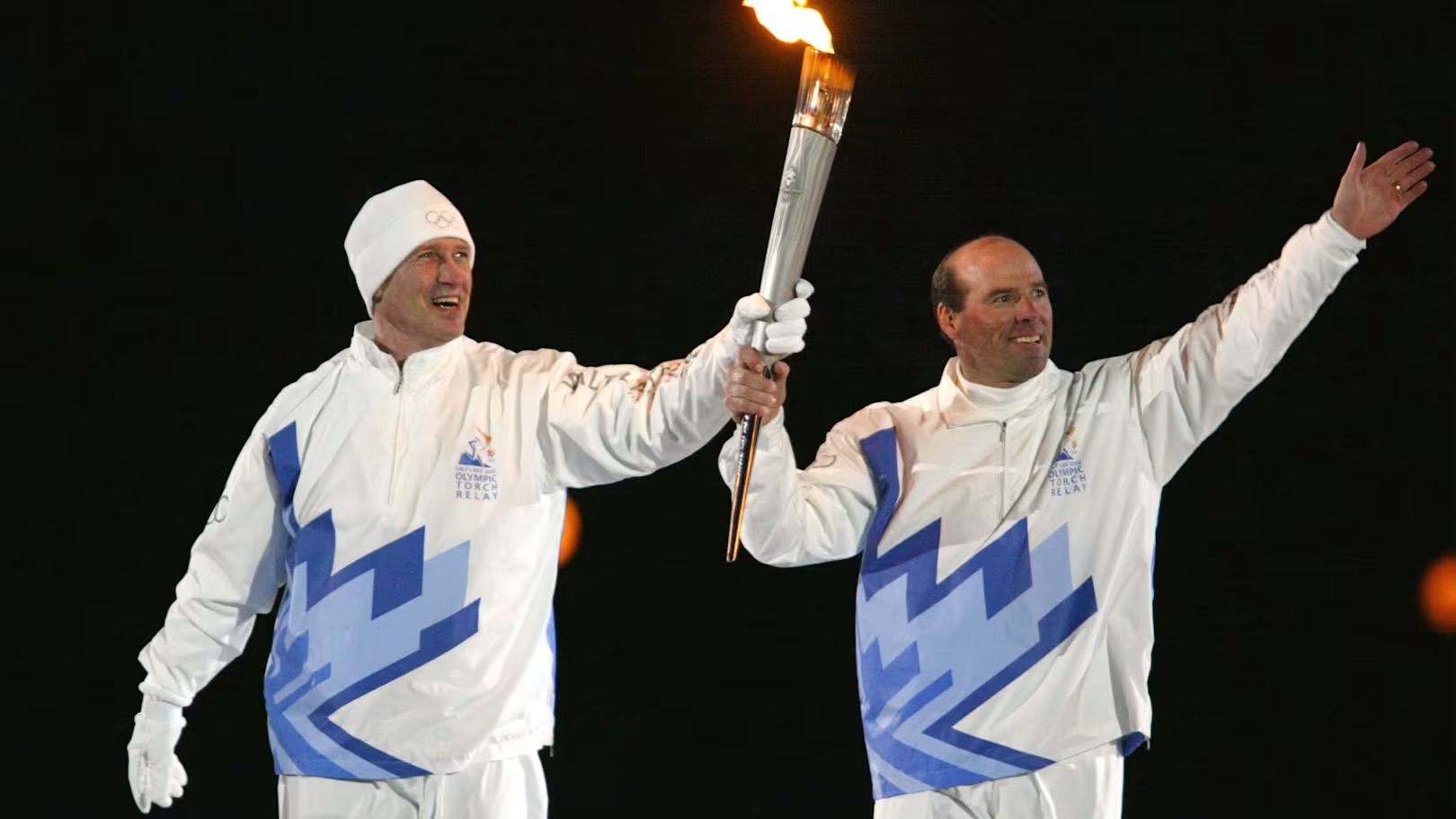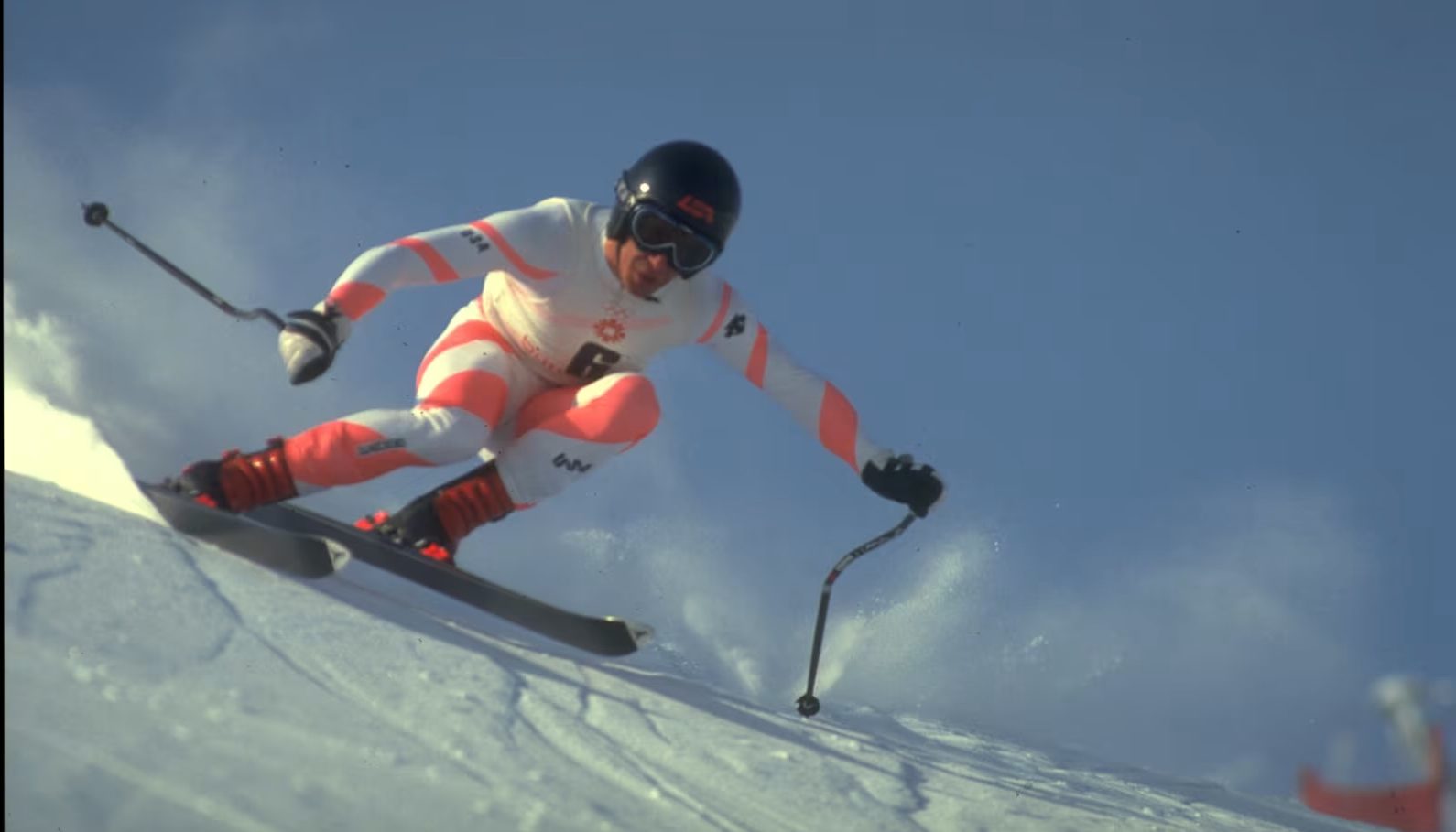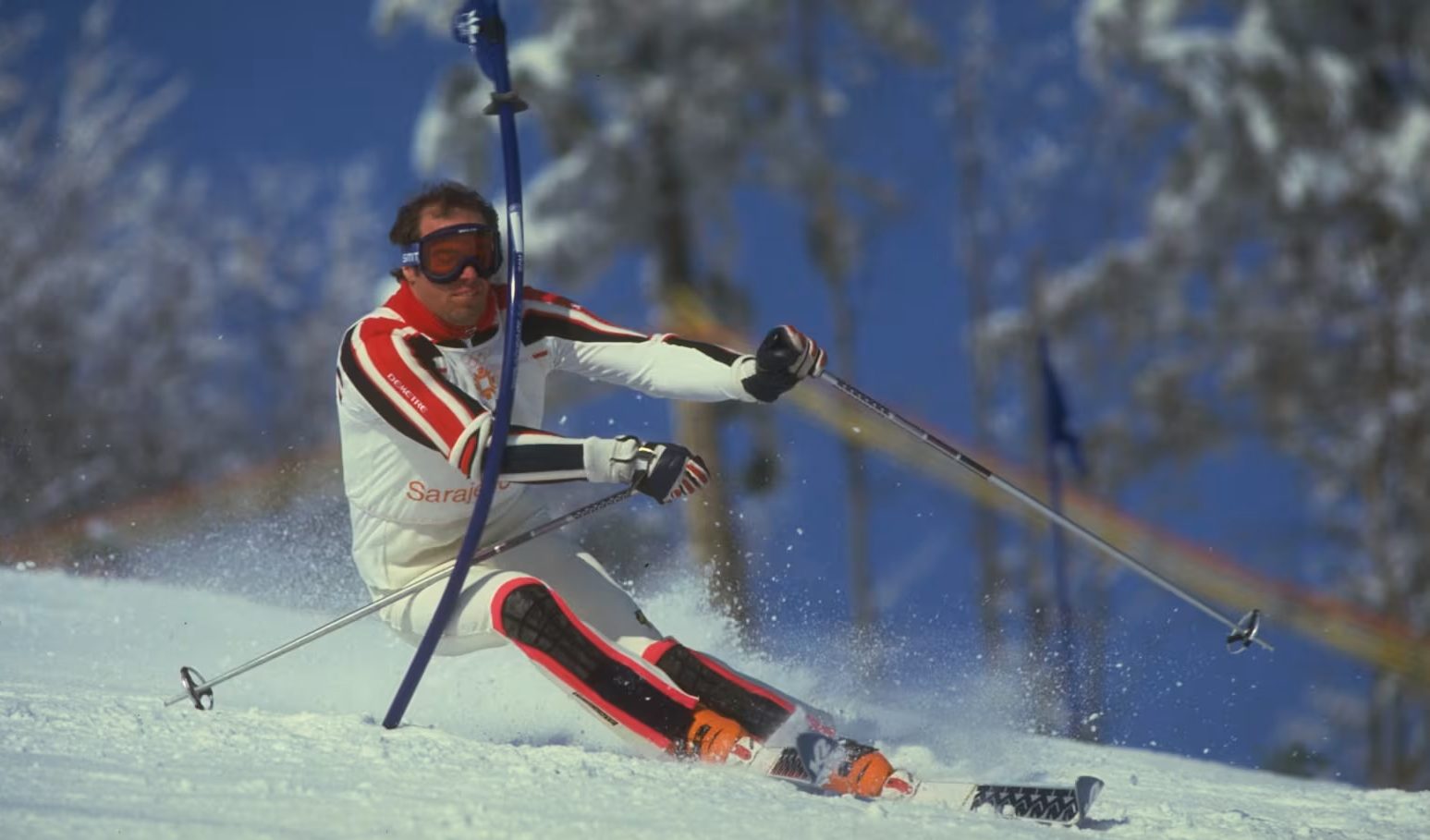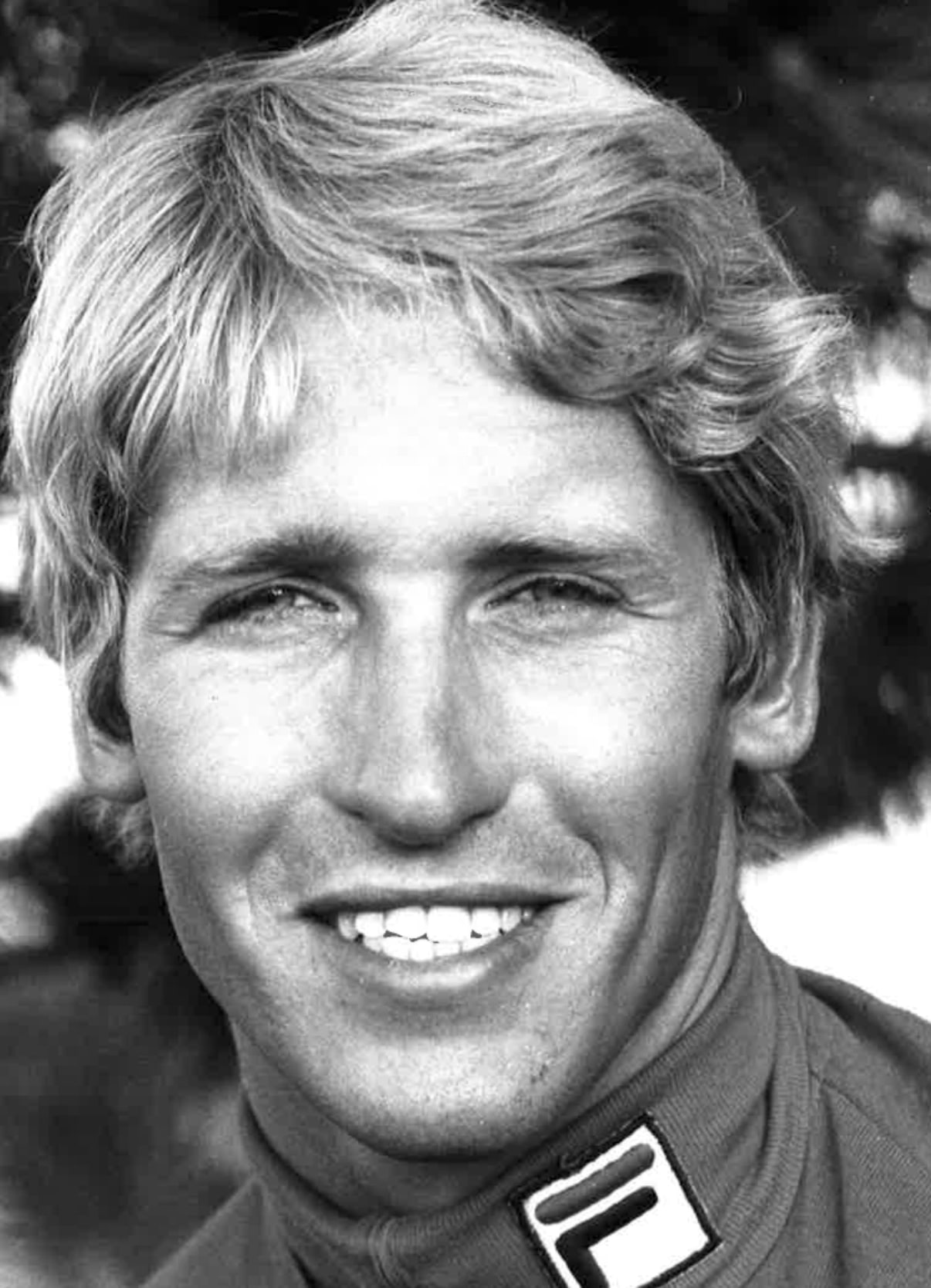
Bill Johnson, the brash and audacious American downhill ski racer who catapulted to Olympic fame in 1984, only to suffer a tragic accident in his late bid to return to competitive skiing, died on January 21, 2016, in Gresham, Oregon. He was 55.
Johnson’s career was defined by speed, controversy, and an indomitable will, the same forces that propelled him to victory on the steep slopes of Sarajevo in 1984. In a field traditionally dominated by European skiers, Johnson shattered norms and egos alike, becoming the first American man to win Olympic gold in downhill skiing. But decades later, his unrelenting drive led him to try a comeback that ended in disaster, leaving him in a wheelchair until his death.
Born in Los Angeles on March 30, 1960, Johnson had a rebellious youth, finding his outlet on the ski slopes of California and Oregon. Though he struggled with traditional discipline, his talent for downhill racing became apparent early on. His unrestrained confidence, often interpreted as arrogance, set him apart. He wasn’t just content to ski; he wanted to win—and to let the world know he was coming for the victory.
By 1984, his bluster had matured into a singular focus, one that came to life in Sarajevo. On the icy course of Bjelašnica, Johnson not only took gold, but his win felt as if he had single-handedly redefined the sport for Americans. Unlike other skiers who valued grace and restraint, Johnson was a storm on the slopes, hurtling down with raw power. His Olympic win made him a national hero, but his brash attitude often rankled his rivals and the sport’s traditionalists.

After his victory, Johnson struggled to find that same high again. His post-Olympic career was marred by injury and inconsistency, and he retired in 1990 without regaining the dominance of his Sarajevo days. His life off the slopes was similarly fraught, marked by financial troubles and family tragedies, including the death of his young son.
By 2001, however, Johnson was gripped by an ambition he hadn’t felt in years. At 40 years old, he announced an unlikely comeback attempt. The 2002 Winter Olympics in Salt Lake City loomed as his goal, and he was determined to qualify. Yet, his body was no longer that of the 23-year-old daredevil who had conquered Sarajevo. Training for his return, he took to the downhill course at Montana’s Big Mountain, hoping to prove his mettle one last time.

The comeback attempt ended in catastrophe. On March 22, 2001, Johnson lost control at high speed during a training run. His crash was brutal. He suffered multiple skull fractures and a traumatic brain injury that left him in a coma for three weeks. When he awoke, he faced a new reality; he would never walk or ski again. His once-celebrated determination was now tested by severe physical limitations and cognitive impairments. Confined to a wheelchair, he spent his remaining years facing the consequences of his relentless pursuit of glory.
“He was a fighter all the way,” Johnson’s mother, DB Johnson, said at the time of his death. “Even when he lost so much, he never lost his spirit.”
Bill Johnson’s legacy is a conflicted one. To some, he was an unlikely American hero whose unyielding confidence brought him Olympic glory and inspired a generation of U.S. skiers. To others, he was a cautionary tale of how ambition and ego can lead to both triumph and tragedy.
His story is one of both inspiration and loss. Johnson’s brashness, once his greatest strength, became his undoing. He showed the world what was possible, only to become a reminder of the costs that come with living so close to the edge.
